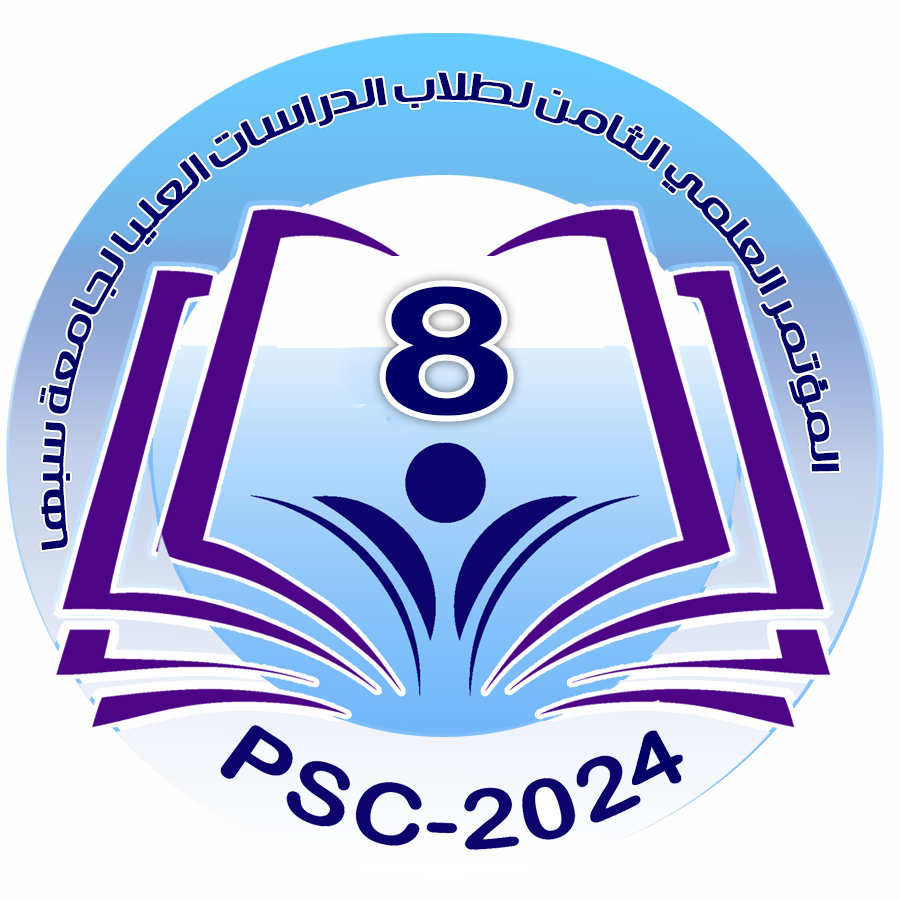The role of translanguaging in EFLL classrooms at primary schools in Sebha/Libya.
Main Article Content
Abstract
The use of L1 in foreign language classrooms is gaining popularity as an effective teaching tool for pupils. Translanguaging is a relatively recent term that is commonly used to describe both the process of shifting between two languages and the philosophy that underlies it. This paper describes the role of translanguaging in EFLL at primary schools in Sebha and the potential advantages/disadvantages of using it as a pedagogical tool in English language teaching. It investigates the use of L1 Arabic in English language classrooms at primary schools in Sebha. This research uses mixed research method, qualitative and quantitative research methodologies, that seeks to evaluate the role of Arabic/English translanguaging in Sebha primary schools' EFLL classes. The analysis of this study shows that translanguaging is spontaneously performed in the setting of EFLL classrooms at primary schools level in Sebha, Libya. It can be concluded that translanguaging in our setting at Libyan EFL classrooms reflects positive linguistic and cultural impacts on both the educators and the leaners.
Article Details

This work is licensed under a Creative Commons Attribution-NonCommercial-ShareAlike 4.0 International License.
